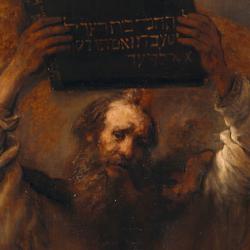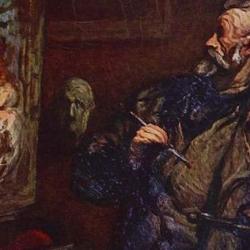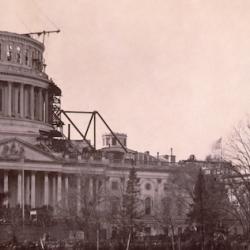The sixth word says, “Thou shalt not kill.” What does that prohibit? Does it prohibit killing of all kinds – including killing animals? Does it prohibit all killing of human beings? Does it prohibit war or capital punishment? Some translations use the word “murder” but that is too specific. Hebrew has a variety of words for killing. This one in the sixth word is used for the first time in the Bible.It is used frequently in Numbers 35, which lays... Read more















